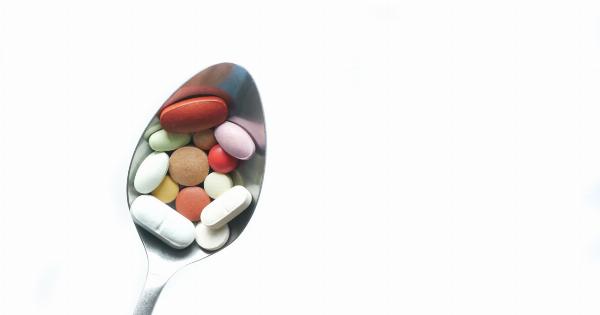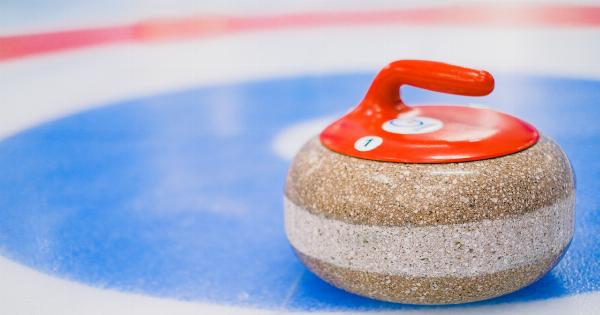Warts are a common skin condition caused by the human papillomavirus (HPV). While warts can affect anyone, they are particularly prevalent in men.
Warts can be unsightly, uncomfortable, and even painful, leading many men to seek effective treatments to eliminate them. In this article, we will explore various treatment options for warts in men, their efficacy, and potential side effects.
1. Over-the-Counter Medications
Over-the-counter (OTC) medications for wart removal are readily available in pharmacies and online. These products typically contain salicylic acid, which gradually dissolves the wart tissue.
They come in various forms, such as creams, gels, pads, and solutions. To use OTC medications effectively:.
- Clean the affected area before application.
- Follow the instructions on the package carefully.
- Apply the medication directly to the wart, avoiding healthy surrounding skin.
- Repeat the process as directed until the wart is gone.
While OTC medications can be effective, they may take several weeks or even months to eliminate the wart completely.
2. Cryotherapy
Cryotherapy involves freezing the wart with liquid nitrogen, causing the affected tissue to die and fall off. This treatment is typically performed by a healthcare professional and may require multiple sessions for complete wart removal.
Cryotherapy is highly effective; however, it can sometimes be associated with discomfort, blistering, or temporary skin discoloration.
3. Electrosurgery
Electrosurgery, also known as curettage and electrodessication, involves cutting or scraping the wart using an electric current. This procedure is usually performed under local anesthesia and may result in some bleeding.
Electrosurgery effectively removes the wart; however, it may leave a small scar.
4. Laser Treatment
Laser treatment targets the blood vessels that supply the wart, causing it to wither away. This procedure is typically performed by a dermatologist and may require multiple sessions.
Laser treatment is known for its precision and effectiveness, but it can sometimes be expensive and result in temporary skin discoloration or scarring.
5. Prescription Medications
If OTC treatments have failed to eliminate the wart, a dermatologist may prescribe stronger medications. These may include:.
- Cantharidin: A chemical compound that causes a blister to form under the wart, lifting it off the skin.
- Imiquimod: A cream that helps stimulate the immune system to fight off the wart-causing virus.
- Bleomycin: An injected medication that kills the wart cells.
- 5-fluorouracil: A topical chemotherapy medication that kills rapidly growing cells, including wart cells.
Prescription medications should be used as directed by the healthcare professional, as they may have potential side effects and require careful monitoring.
6. Immunotherapy
Immunotherapy involves injecting a substance into the wart to stimulate the immune system and fight off the virus. This treatment is typically reserved for warts that have not responded to other therapies.
Immunotherapy can be effective; however, it may cause flu-like symptoms or skin irritation at the injection site.
7. Home Remedies
While not scientifically proven, some men choose to try home remedies to treat their warts. These remedies may include:.
- Duct tape: Applying a piece of duct tape to the wart and leaving it on for about a week.
- Apple cider vinegar: Soaking a cotton ball in apple cider vinegar and applying it to the wart.
- Garlic: Rubbing crushed garlic on the wart and covering it with a bandage.
- Tea tree oil: Applying a few drops of tea tree oil directly to the wart.
It is important to note that the effectiveness of these home remedies varies, and they may not work for everyone. Additionally, using home remedies without medical guidance may lead to further skin irritation or infection.
8. HPV Vaccination
Prevention is key when it comes to warts caused by HPV. Vaccination can protect men against certain types of HPV that are known to cause genital warts. It is recommended for boys and young men, ideally before they become sexually active.
The HPV vaccine is administered in a series of shots.
9. Proper Hygiene
Warts are highly contagious, so practicing proper hygiene is essential to prevent their spread. Men with warts should:.
- Avoid picking or scratching at the warts.
- Keep the affected areas clean and dry.
- Avoid sharing personal items like towels or razors.
- Wash hands thoroughly after touching warts.
By following these hygiene practices, men can minimize the risk of spreading warts to themselves or others.
10. When to Seek Medical Advice
While many warts can be effectively treated at home, it is important to consult a healthcare professional, especially if:.
- The warts are painful, bleeding, or rapidly spreading.
- There are warts on the face or genitals.
- There is uncertainty about the diagnosis.
Healthcare professionals have the knowledge and expertise to recommend the most appropriate treatment options based on the specific needs of each individual.




























